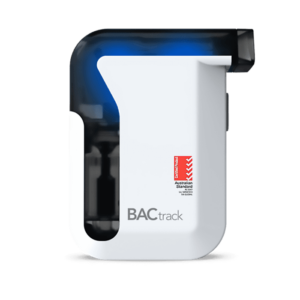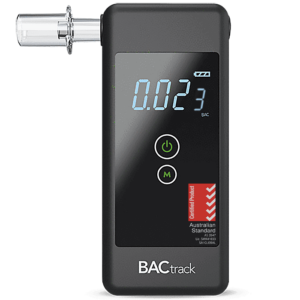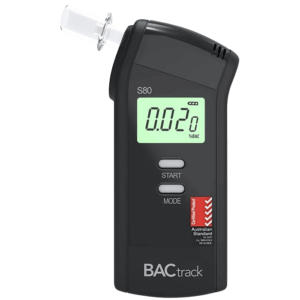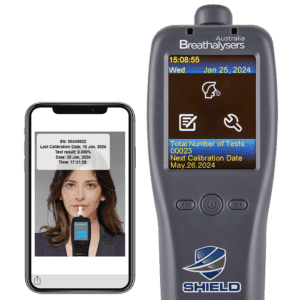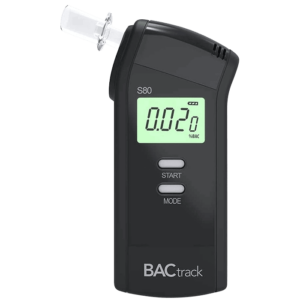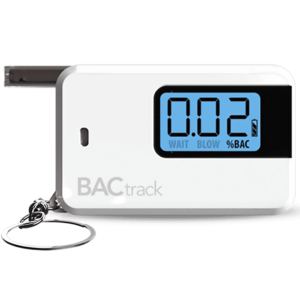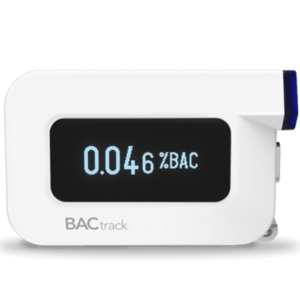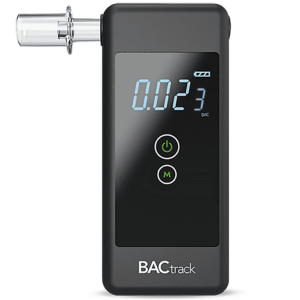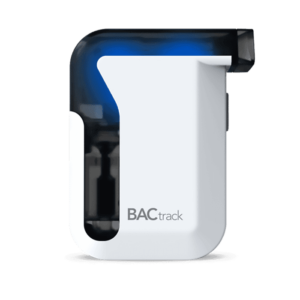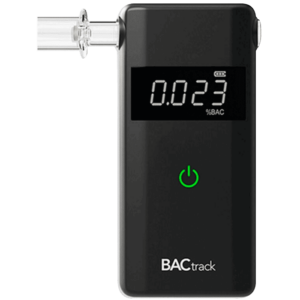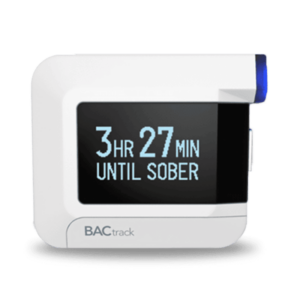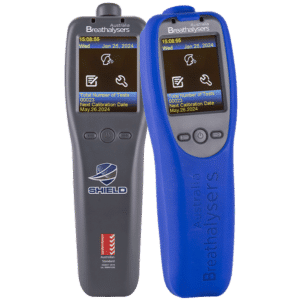Drug Test Alcohol Employment: Its Importance and Types of Tests
15 February, 2024

Drug and alcohol tests for employment are crucial for safety, productivity, and legal compliance. Employers conduct various types of tests, such as urine, saliva, blood, hair, and breath tests, to detect substance use in applicants or employees. It is crucial to comply with relevant laws and follow the chain of custody procedures to ensure the accuracy and integrity of the test results. Additionally, employers must maintain privacy and confidentiality when conducting employment tests.
The use of drugs and alcohol can result in significant consequences. They can impact the physical and mental health of an individual, as well as their relationships and overall well-being. Additionally, substance abuse can lead to dependency, which is a chronic disorder that requires professional help to overcome. To prevent these risks, many organisations conduct drug and alcohol tests. This article will present alcohol and drug tests for employment, including their importance, methods, and legal considerations.
Importance of Drug and Alcohol Tests for Employment
Drug and alcohol tests for employment are important for several reasons. Foremost, they are crucial for ensuring the safety of employees. Individuals under the influence of drugs or alcohol pose safety risks to themselves and their colleagues. By testing for alcohol and illicit drugs, employers can minimise the potential for accidents, which can lead to injuries or deaths.
In addition, testing can help boost productivity. The effects of drugs and alcohol can impair the ability of an employee to perform their job effectively, leading to subpar work quality. By conducting drug and alcohol tests, business owners or companies can ensure that their employees are fit to work. This ultimately improves the overall productivity.
Moreover, the tests are vital for legal compliance. Many companies must have a workplace policy in place that addresses alcohol and drug abuse. Testing employees is one way for employers to fulfil their obligations and demonstrate their commitment to a safe workplace. This also helps during the hiring process since employers can ensure that new employees comply with the company policies.
Reasons to Conduct Tests
- Random testing: conducted periodically without prior notice. It helps deter employees from using illegal drugs and alcohol. It also aids in maintaining workplace safety.
- Pre-employment drug testing: done before hiring a potential employee. It ensures candidates are free from illegal drugs or alcohol before joining the workforce.
- Reasonable suspicion testing: administered when there is evidence or observed signs of drug or alcohol misuse by an employee.
- Blanket testing: this applies to all employees within a specified group. It maintains fairness and consistency across the organisation.
- Post-incident testing: conducted after workplace incidents or accidents. It helps determine if drug or alcohol use contributed to the mishap.

Types of Drug and Alcohol Tests for Employment
In drug and alcohol tests for employment testing, several types of testing methods are available. Firstly, the urine test. It involves collecting a urine sample and analysing it for the presence of drugs or alcohol. Secondly, the saliva testing. It utilises an oral fluid sample and is popular due to its ease of use and ability to detect recent illicit drug use.
Thirdly, blood testing involves the collection of a blood sample and its subsequent analysis for substance use. This method is highly accurate and can identify the immediate presence of substances in the bloodstream. As such, companies often use this method for confirmatory testing. Fourthly, hair testing is a unique method as it can monitor substance use over a longer period than others. This usually has a detection window of about 90 days.
Lastly, companies often employ breath tests to monitor the consumption of alcohol. This alcohol testing method measures the Blood Alcohol Concentration (BAC) of a person using a breath sample. Ultimately, the choice of testing method depends on the needs of the company.
Detectable Substances
There are several types of substances that alcohol and drug testing can detect. Common substances include illicit drugs such as marijuana, cocaine, methamphetamines, heroin, and hallucinogens. These substances can have a negative impact on cognitive abilities, coordination, and judgment.
In addition to illicit drugs, employment testing can also detect alcohol. Breath tests using a breathalyser can identify the presence of ethyl alcohol, the active component of alcoholic beverages. Despite being legal, alcohol is a controlled substance, particularly in workplaces. It is important to note that different companies may have different policies regarding the detection of specific substances.

Legal Considerations for Drug and Alcohol Tests for Employment
There are several legal considerations that organisations must consider when implementing drug and alcohol tests for employment. Firstly, they must comply with the relevant laws and regulations concerning drug and alcohol testing. They must also relay the information to the employees. A comprehensive policy should outline the process, their rights, and potential disciplinary actions.
Secondly, the testing providers need to follow the chain-of-custody procedures. These measures are implemented to guarantee that the testing fulfils expectations and prevents any contamination or alteration of the samples. A part of this is ensuring they have informed consent before conducting the test. Proper labelling of the samples and inputting the correct information are also vital. Otherwise, it may cause the samples to become invalid.
Thirdly, it is necessary to safeguard the privacy of the individual. Employers must maintain the confidentiality of the results. The information should only be released to relevant staff on a need-to-know basis. Lastly, companies must ensure the testing is done in a non-discriminatory manner. There should be reasonable cause for the test. Furthermore, penalties should be implemented fairly, regardless of position or seniority.
Can an Employee Refuse a Test?
In most cases, an employee cannot decline a test without repercussions. Many companies have policies that require workers to submit drug and alcohol tests as a condition of employment. This test is often conducted for safety reasons. Therefore, refusing to take the test can be grounds for disciplinary action.
However, there may be situations in which an employee can refuse a workplace test. For example, if the test does not follow the legal requirements. Another reason is if the employee has a legitimate medical justification. Additionally, some jurisdictions have specific laws that outline the circumstances under which an employee can decline a test.
Conclusion
In conclusion, drug and alcohol tests for employment are crucial for maintaining safety, productivity, and legal compliance in the workplace. By identifying substance abuse among employees, companies can prevent accidents, enhance productivity, and meet legal obligations. Various testing methods, such as urine, saliva, blood, hair, and breath tests, offer options to suit different needs. Employers must choose the appropriate method based on their specific requirements and legal obligations.
Implementing employment testing requires careful consideration of legal aspects to ensure fairness and compliance. Organisations must adhere to relevant laws, maintain proper procedures, safeguard privacy, and avoid discrimination. While employees typically cannot refuse tests due to company policies, exceptions may apply, such as legal non-compliance or medical reasons. Balancing safety concerns with individual rights is essential for effective and lawful testing practices. Clear communication of policies and procedures helps create a transparent and equitable workplace environment.

















